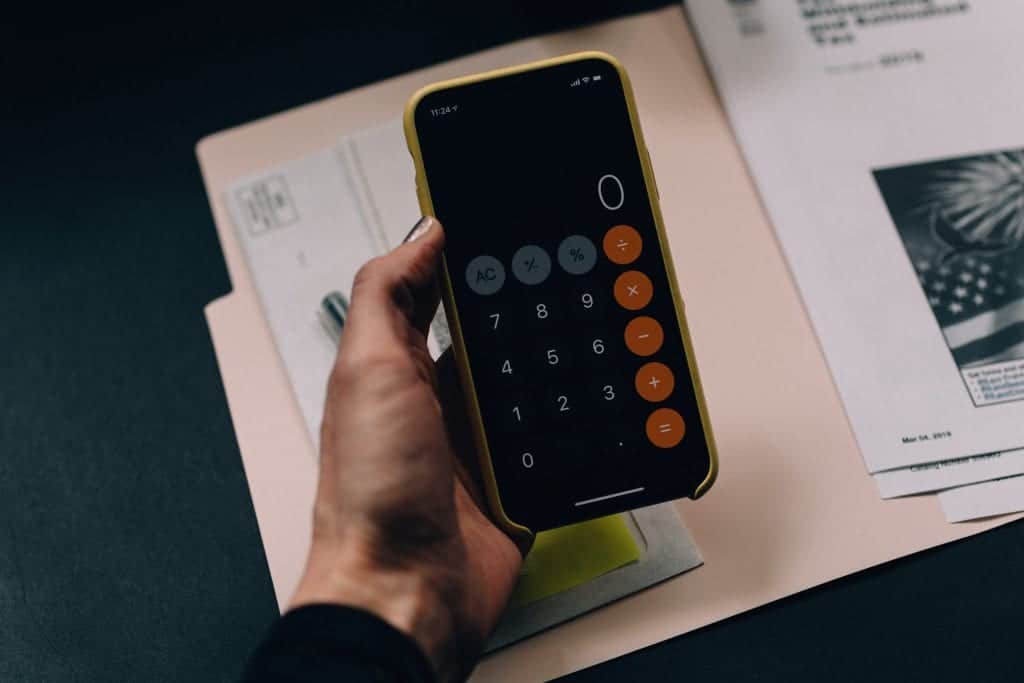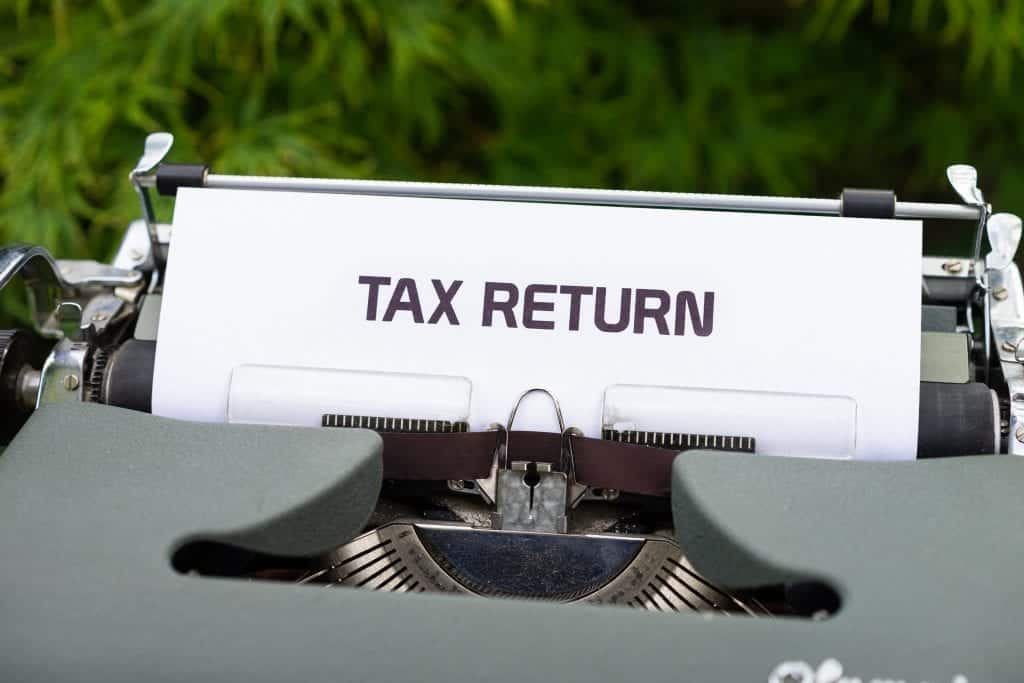
Capital Gains Tax
If you acquire cryptocurrency as an investment, you may have to pay tax on any capital gain you make on disposal of the cryptocurrency. Regardless of any market fluctuations, you do not make a capital gain or loss until you dispose of your cryptocurrency. A disposal can include:
- Selling or gifting cryptocurrency
- Trading or exchanging cryptocurrency (including the disposal of one cryptocurrency for another)
- Converting cryptocurrency to fiat currency (a currency established by government regulation or law) e.g. The Australian Dollar
- Using cryptocurrency to obtain goods or services.
If you hold cryptocurrency as an investment, you cannot claim it as a personal use asset. However, if you hold a cryptocurrency for more than 12 months you may be entitled to a CGT discount to reduce a capital gain when you dispose of it.

Keeping Records
You must keep records of every single cryptocurrency transaction to work out whether you have made a capital gain or loss from each CGT event. You can use an accountant or third-party software to help meet your record-keeping obligations. You should keep the following records:
- Date of transaction
- Value of the cryptocurrency in AUD
- What the transaction was for (e.g. ‘Bitcoin’) and who the other party was (e.g. ‘Binance’ or their cryptocurrency address).
These records can look like:
- Receipts of purchase or transfer of cryptocurrency
- Exchange records
- Records of agent, accountant, and legal costs
- Digital wallet records and keys
- Software costs related to managing your tax affairs.
Personal Use Asset
Cryptocurrency can be considered a personal use asset if it is kept or used primarily to purchase items for personal use. It is not a personal use asset if it is kept as an investment, in a profit-making scheme or while carrying a business.
The cryptocurrency is more likely to be a personal use asset where it is acquired and used within a short period of time to acquire items for personal use or consumption. If you acquire cryptocurrency and hold it for some time, or only a small proportion of the crypto is used to make these transactions, it is less likely that the cryptocurrency is a personal use asset.
Only capital gains less than $10,000 from personal use assets are disregarded for CGT purposes. However, all capital losses you make on personal use assets are also disregarded.
Example 1:
Michael wants to attend a concert. The concert provider offers discounted ticket prices for payments made in cryptocurrency. Michael pays $270 to acquire cryptocurrency and uses the cryptocurrency to pay for the tickets on the same day. Under the circumstances in which Michael acquired and used the cryptocurrency, the cryptocurrency is a personal use asset.
Example 2:
Peter has been regularly keeping cryptocurrency for over six months with the intention of selling at a favourable exchange rate. He has decided to buy some goods and services directly with some of his cryptocurrency. Because Peter used the cryptocurrency as an investment, the cryptocurrency is not a personal use asset.

Staking rewards & airdrops
Some cryptocurrencies have ‘consensus mechanisms’ where forgers hold units of cryptocurrency so they can validate transactions and create new blocks on a blockchain. A forger who is selected to forge a new block is rewarded with additional tokens where the new block has been created. These additional tokens are received from holding the original tokens.
The money value of those additional tokens is treated as ordinary income valued at the market value at the time they were derived.
Some projects ‘airdrop’ new tokens to existing token holders as a way of increasing the supply of tokens. The money value of an established token received through an airdrop is also considered ordinary income of the recipient at the time it was derived.
Source: Australian Taxation Office, ‘Tax Treatment of CryptoCurrencies in Australia, specifically Bitcoin’, 2020.


No comments yet.